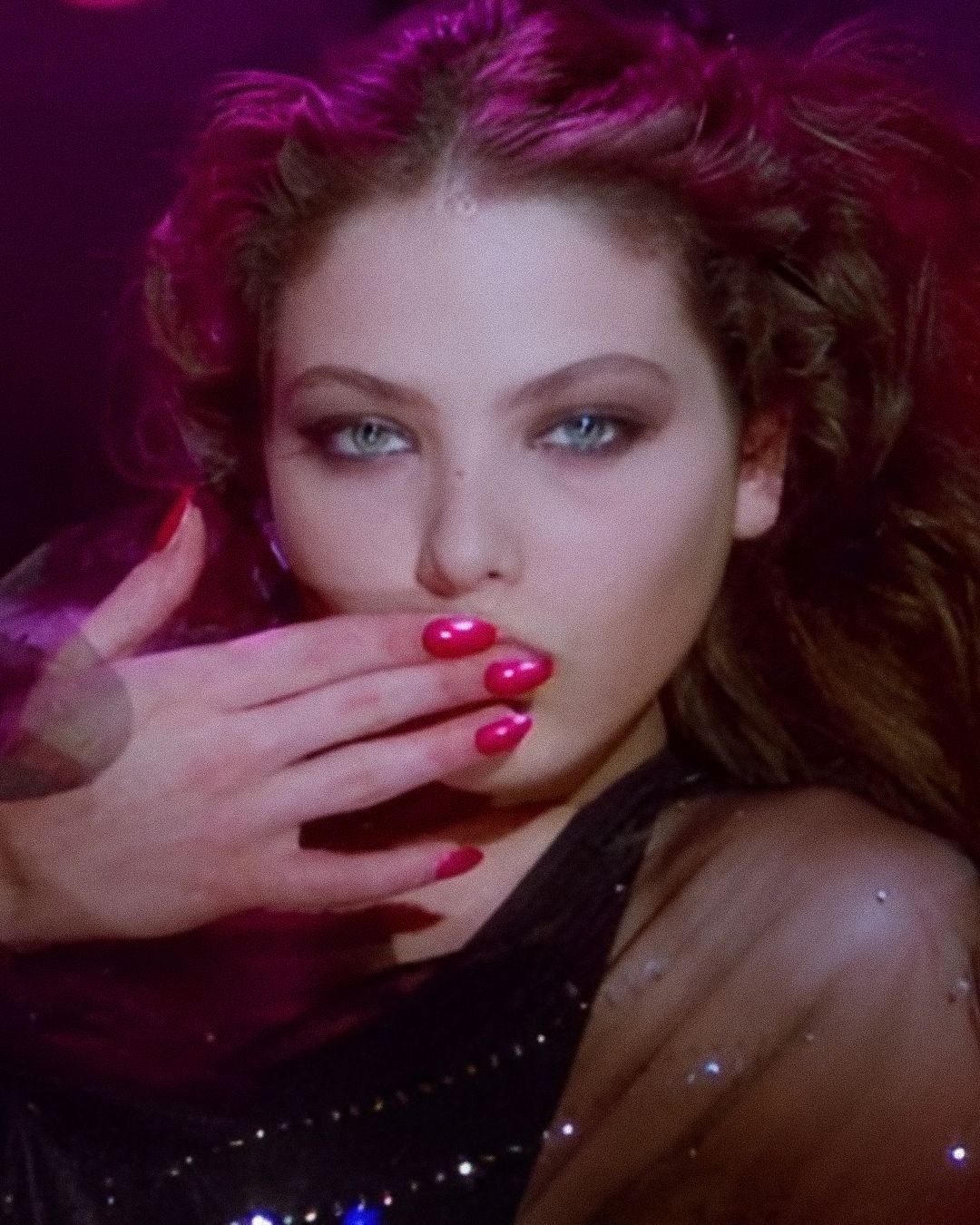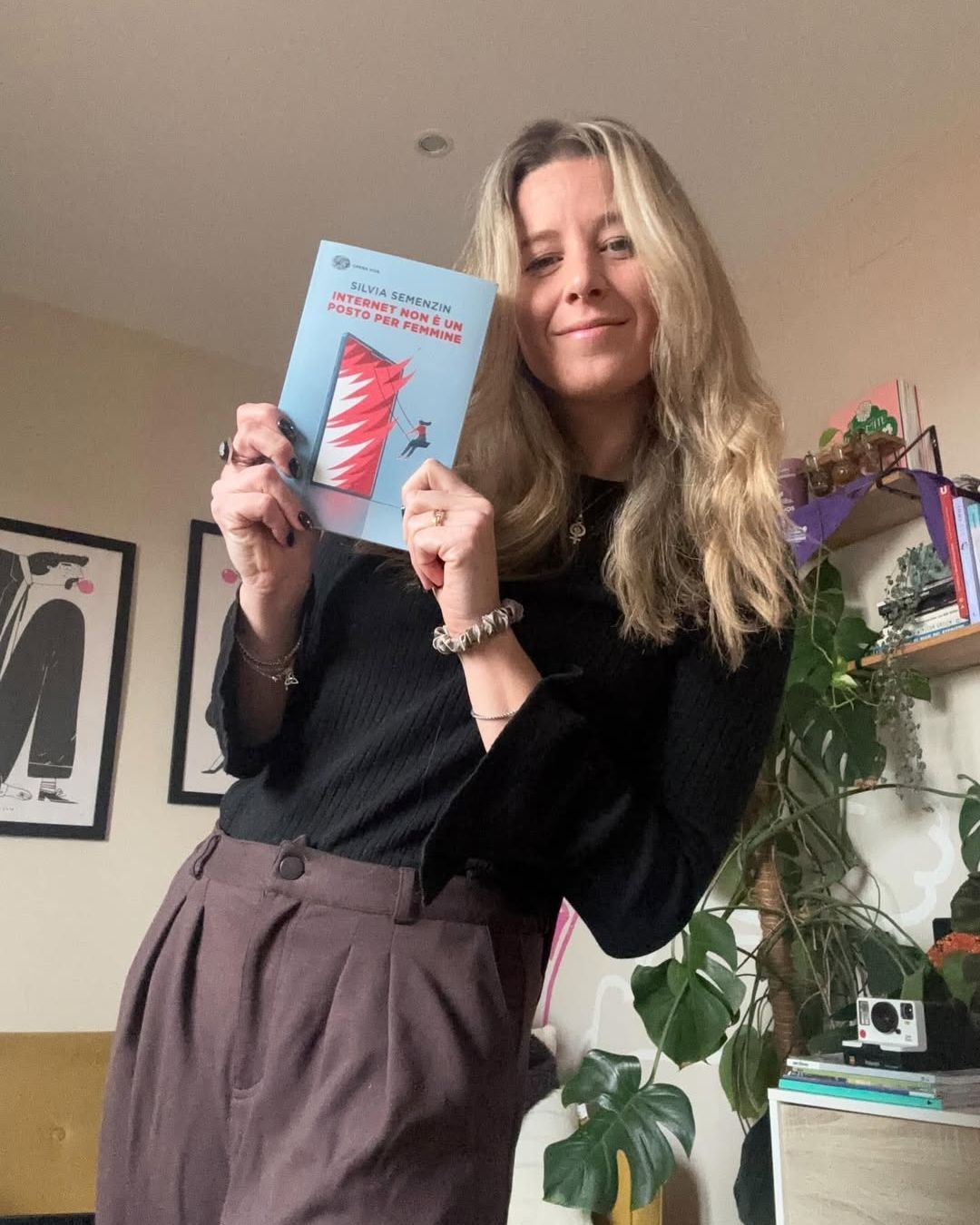
The feminicide moment at Sanremo was a total washout What was wrong with the words spoken on stage
Every year, at the Sanremo festival, there's at least one moment of extreme embarrassment. Usually related to a monologue or a social issue. Because the festival, being the great national pop show it is, feels somewhat obligated to raise awareness. For what doesn't matter. There was the immigration moment with Pierfrancesco Favino, criticized because it was brought to that stage by a white, non-racialized person. There was the "feminist" moment with Chiara Ferragni, who is not having a good time right now, so we won't dwell on it. Sometimes it's the comedians on stage doing satire and creating problems. This year, no monologues, and so far, no comedians. However, during the second evening, there was a moment dedicated to femicide. Are you worried?
Sanremo Addresses Femicide
The problem is serious and deeply felt, especially after a couple of high-profile cases that particularly touched public opinion last autumn-winter. The term patriarchy has entered the public discourse and has joined the term femicide, ruffling more than a few feathers; more and more women (famous and not) have spoken about it, bringing their experiences to the table, and the demonstrations in the streets last November 25th were more attended than ever. So, how could a mammoth and multifaceted event like the festival not address it, despite promises to avoid politics? It's a pity that, as often happens, everything was wrong, from form to content.
femminicidio spiegato da mare fuori io penso sempre che sanremo non possa fare peggio degli anni precedenti e invece ogni anno mi ricredo
— lea ༉ (@jcrdeclan) February 7, 2024
Mare Fuori Actors Read "The New Words of Love"
Let's start from the beginning. The dynamics were simple. The actors from Mare Fuori, a current Rai series, were supposed to recite the words written by Matteo Bussola (an Italian author, cartoonist, and writer) on the theme. An elaboration on the new rules and new words of love, which are listen, welcome, accept, learn, truth, beside, no, and together. Without letting prejudice take over, social media users found these choices a bit odd. Why ask a male writer to elaborate on a topic that is so deeply (unfortunately, we would say) feminine? And why let it be done by the Mare Fuori guys? The feeling - without taking anything away from the actors, who did their best - is that two moments were glued together (the one on femicide and the one promoting the product) simply to check off a box, to save on the unmanageable time of that three-headed monster that is the festival. However, social issues are not just items on a to-do list to be dealt with as quickly as possible.
Maria Esposito e Massimiliano Caiazzo monologo a Sanremo 2024#sanremo2024 #marefuori4 #marefuori pic.twitter.com/TaBNbXC83k
— Piper Spettacolo Italiano (@AlbertoFuschi) February 7, 2024
What Was Wrong?
As the moment went on, doubts grew deeper. In general, everything seemed rhetorical and superficial, far from the point of the issue - which is the power disparity between men and women in patriarchal society and the responsibility and awareness by men and women of this reality in order to destroy and rebuild it from scratch - the final part was found to be the most wrong. Amid the rants of real women and real men (but what does that mean? It's time to abandon this very rigid binary, and perhaps focus on becoming real people), indeed, the last person to speak said: "Together is the eighth word. A word that may seem outdated especially today when men and women see each other as adversaries. That's why this word is the most precious, the one to invest in for the future. What matters is that we start looking each other in the eye again. What we choose to see will depend solely on us." And then they started singing the theme song.
L’inno nazionale O Mar For a Sanremo 2024 con il cast#Sanremo2024 #MareFuori #MareFuori4 pic.twitter.com/qy7UKkNb77
— Piper Spettacolo Italiano (@AlbertoFuschi) February 7, 2024
The False Equivalence and Matteo Paolillo's Words
This idea of a battle between the sexes, which is at least fifty years old, is harmful and creates a false equivalence. Misogyny exists, the opposite does not. Femicides exist, the opposite does not. It's an age-old argument, but evidently it needs to be repeated. If one category suffers the power of another and is crushed by it, the reaction can never be one of systematic oppression, as it is precisely a reaction. As if that weren't enough, social media users, the historical memory of our millennium, found and circulated screenshots from the stories of one of yesterday's protagonists on stage, Matteo Paolillo, who, when asked about gender equality, replied: "I'm still waiting an hour outside a nightclub just because I'm male. I earn more and pay more. I still see those who exploit their bodies for money," making a shameful mix of slut-shaming and clichéd phrases, equating waiting outside a venue with earning less, working less, being discriminated against in work and in life, being catcalled on the street, and being harassed. As if sex workers were not often victims of violence, among other things. In short, a disaster all around.
Al quartier generale di #SANREMO2024 :
— Elena Soldivieri (@elesoldivieri) February 7, 2024
-“Ok signori, il deprimente siparietto di cui sarà vittima Travolta ci sottrarrà troppo tempo. Dobbiamo capire come gestire quelli di Mare Fuori. Ah, giusto, quasi dimenticavo: dove infiliamo il femminicidio? Dannazione!”
Ama:-“Say no more” pic.twitter.com/mNoShg1HRf
A Matter of Depth and Courage
We're sure everything was done in good faith. A sort of heartfelt appeal to the boys, who are the ones who need to change. However, the way of addressing the issue was profoundly lacking, too cautious, too childish, like elementary school. When will we use the right words? When will we talk about responsibility and how to change? Sensitization cannot happen if we don't speak the truth, if we speak in slogans, if we don't give space to those who, against femicide and gender violence, try to do something every day.

























































